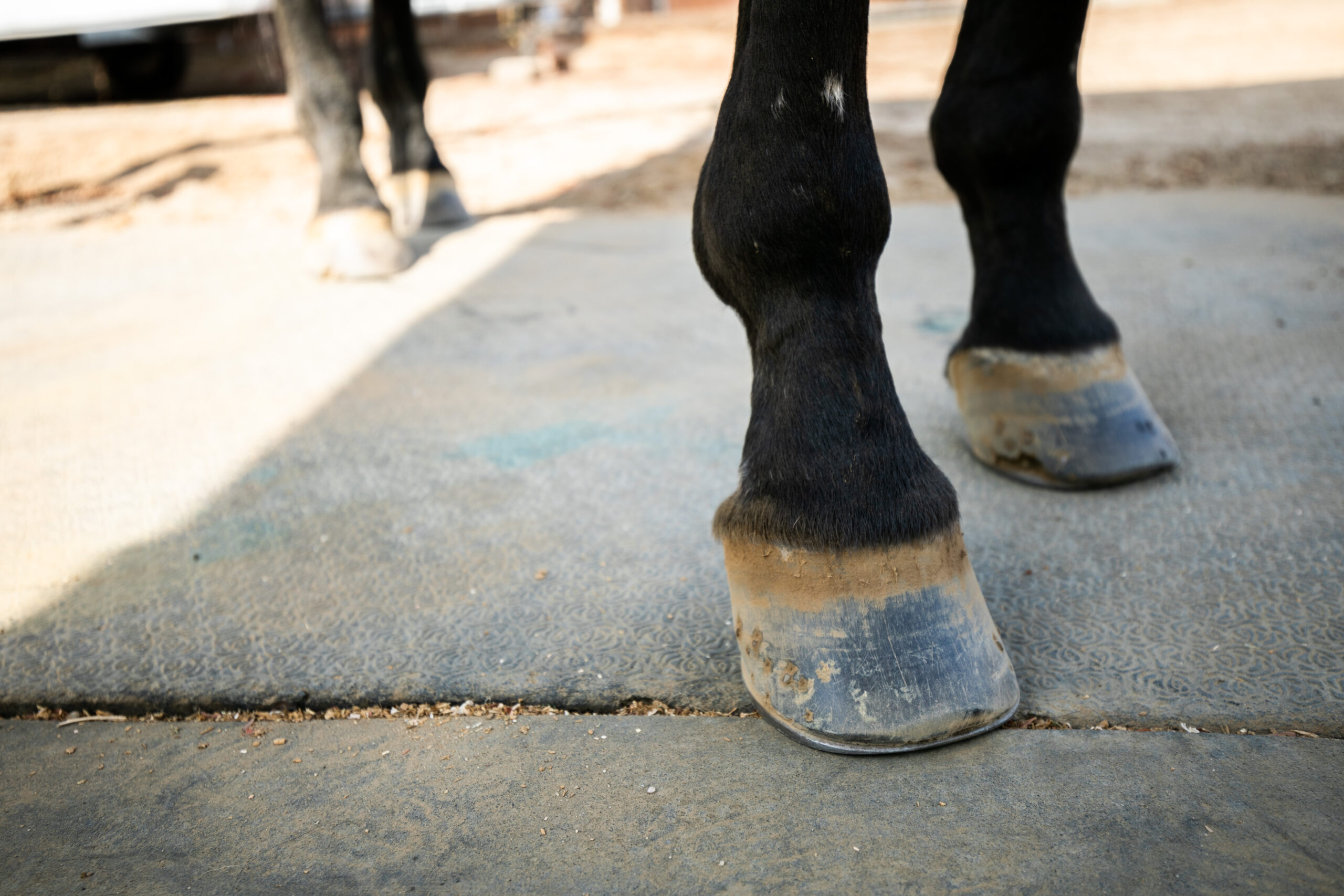
How to Make Horse Fly Spray Safely and Effectively?
Share
As a health-conscious pet owner, ensuring your horse's comfort while minimizing chemical exposure is a high priority. In this article, well explore how to make horse fly spray right at home. This method ensures that your beloved equine is protected from pesky flies without compromising on wellness.
Before we delve into the detailed recipe, its essential to understand the common pests that affect horses and why a good fly spray can be a game changer. Flies not only cause discomfort but can also lead to serious health issues such as infections and stress if left unchecked.

Understanding the Importance of Fly Control
Flies are more than just a nuisance. In some cases, they can transmit diseases that are harmful to your horse. Therefore, creating an effective fly control strategy is crucial. Along with proper hygiene and management practices, a homemade fly spray can be an essential tool in your arsenal.
Common Types of Flies that Affect Horses
There are several types of flies that can bother horses:
- House Flies: Common in stables and barns, house flies are persistent and can carry harmful bacteria.
- Stable Flies: Similar to house flies, stable flies bite and can cause significant irritation.
- Horse Flies: These larger flies are known for their painful bites and can lead to serious wounds.
Ingredients Needed for Homemade Fly Spray
Making your own fly spray can be both economical and safe. Heres what youll need:
- Essential Oils: Oils such as eucalyptus, peppermint, and lavender have insect-repelling properties.
- Vinegar: Both apple cider vinegar and white vinegar can deter flies.
- Water: To dilute the mixture and allow for easy application.
- Castile Soap: This natural soap helps emulsify the oils and allows for an even spray.
Step-by-Step Guide on How to Make Horse Fly Spray
Follow these simple steps to create your own fly-repelling solution:
- Start by gathering your supplies.
- In a spray bottle, combine 1 cup of water with cup of vinegar.
- Add 10 drops of your chosen essential oil or a blend (like eucalyptus and peppermint).
- Mix in a teaspoon of castile soap.
- Shake well before each use to ensure the ingredients are combined.
Application Tips for Maximum Effectiveness
For best results, apply your homemade fly spray during peak fly activity times, which are typically early morning and late afternoon. Spraying directly onto the horses coat while avoiding sensitive areas like the eyes and nose will help keep them comfortable.
Additional Animal Care Tips
In addition to aromatherapy fly sprays, you might find it beneficial to explore other methods of horse care, like:
Considerations for Your Horse's Health
When selecting ingredients for your homemade sprays, ensure they are safe for daily use. Always test new mixtures on a small patch of your horse's skin to prevent allergic reactions. Consulting with your equine veterinarian is recommended to ensure your chosen ingredients are appropriate for your horse's specific needs.
Why Choose Natural Solutions?
Many pet owners opt for natural remedies to avoid the harsh chemicals found in commercial products. By making your own fly spray, you not only save money but also provide a safe and soothing alternative for your horse.
Frequently Asked Questions
1. Can I use essential oils on my horse?
Yes, but its crucial to use oils that are safe for equines and to dilute them properly.
2. How often should I apply the fly spray?
Reapplication every few hours, especially in hot or humid weather, is recommended.
3. What should I do if my horse has a bad reaction?
Immediately discontinue use and consult your veterinarian.

Conclusion
Making your own horse fly spray is a practical and health-conscious choice for any horse owner. It not only protects your horse from uncomfortable flies but also gives you control over the ingredients being applied to their skin.
To know more about the appropriate care for your horse's hooves, check out this link on hoof abscesses in horses.
As an Amazon Associate, I earn from qualifying purchases.
